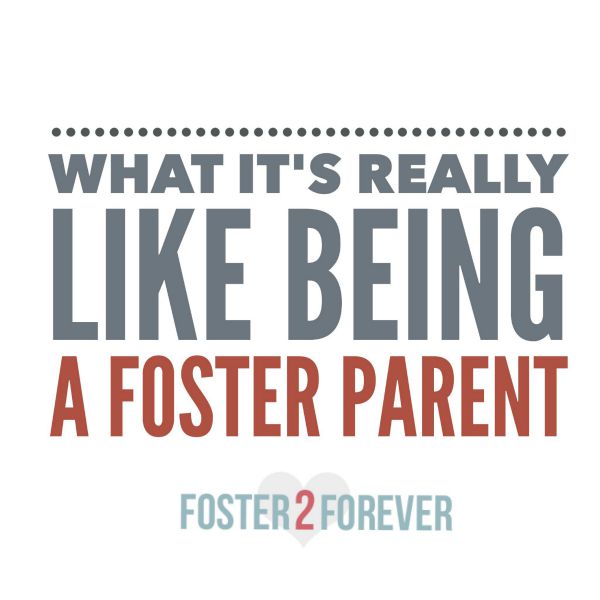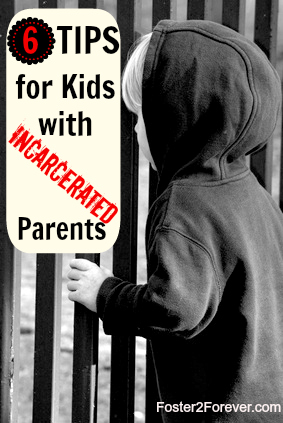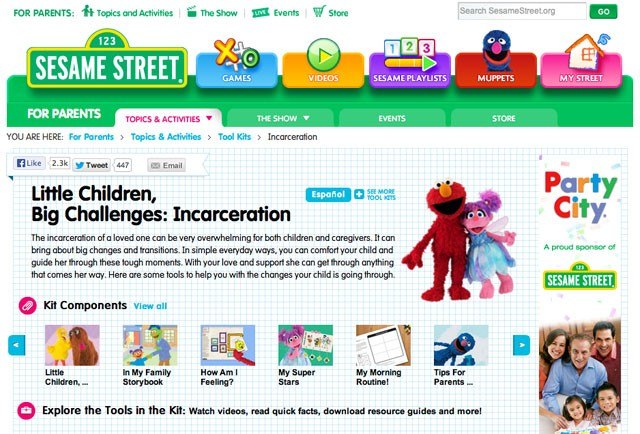Sometimes children in foster care cannot have face-to-face visitation with parents. During those times, video conferencing is a convenient option. You will need to contact your agency for specific foster care visitation rules.
ZOOM VIDEO
Zoom is a free video conferencing platform that you can easily use on a computer, tablet or mobile device to connect children with their parents virtually. The Zoom platform allows one user with an account to send a link to other users (only the host has to have a Zoom video account). Mobile devices may require you to download the Zoom app. The free Zoom video plan allows online family visitation of up to 40 minutes with a number of participants.
MARCO POLO
Marco Polo is a video-based messenger that can be used send short videos when scheduling a particular time is difficult. The Marco Polo app is like a video walkie-talkie. It allows you to leave video voicemails that you can check when child is alert and active and respond with cute videos of the child.
MESSENGER KIDS
Facebook has created the Messenger Kids app with numerous parental controls. You can set the app to be active only during particular hours. Messenger for Kids also has numerous filters and games that kids really enjoy. If privacy is an issue, you can set up a Facebook account that you only use for parents and send a request for the parent to connect with the Messenger for Kids app.
TIPS FOR FOSTER CARE VISITATION ONLINE
1. Choose a time of day when the child is alert and active. Avoid times just before or just after naptime.
2. Use a larger screen device that is just out of reach so children can see screen better.
3. Contain movement of little ones. Whether the visitation is in their room with the door closed or in a high chair, it will help you from chasing the child down. (We all know how quick toddlers can be)
4. Have an activity for the child. Children can still communicate with parents while eating a snack, coloring, or playing with toys or Play-Doh.
5. Give ideas on how to engage with little ones, if parents are open to suggestions. Parents can sing songs, read short story (works best if both child and parent have the same book), talk to kids through a character (sock puppet, stuffed animal, etc).
6. Suggest more frequent shorter online visitation sessions, especially for younger children, at the discretion of the case worker. Young children will struggle to stay focused on a conversation for any length of time.
7. Don’t feel pressure to keep children engaged. If kids aren’t engaging much, allow parents to just watch their child play. Video visitation for infants and toddlers are more for the parents to stay connected with their child while they are separated.
8. Follow the child’s lead for when the call should end. If the child is getting squirmy, tired or cranky, consider scheduling more time later, at the discretion of the case worker.
9. Prepare for acting out. Seeing you and parents at the same time will be very confusing for little ones. Children will act out the big feelings they can’t communicate. Allow time after calls for the child to de-escalate. Swinging, jumping, or other repetitive movements will help calm the child’s brain.
10. Even if it’s difficult, facilitate a relationship with the parent (with strict boundaries). Keeping children connected to their biological parents is in their best interest, especially as children transition to reunification.























